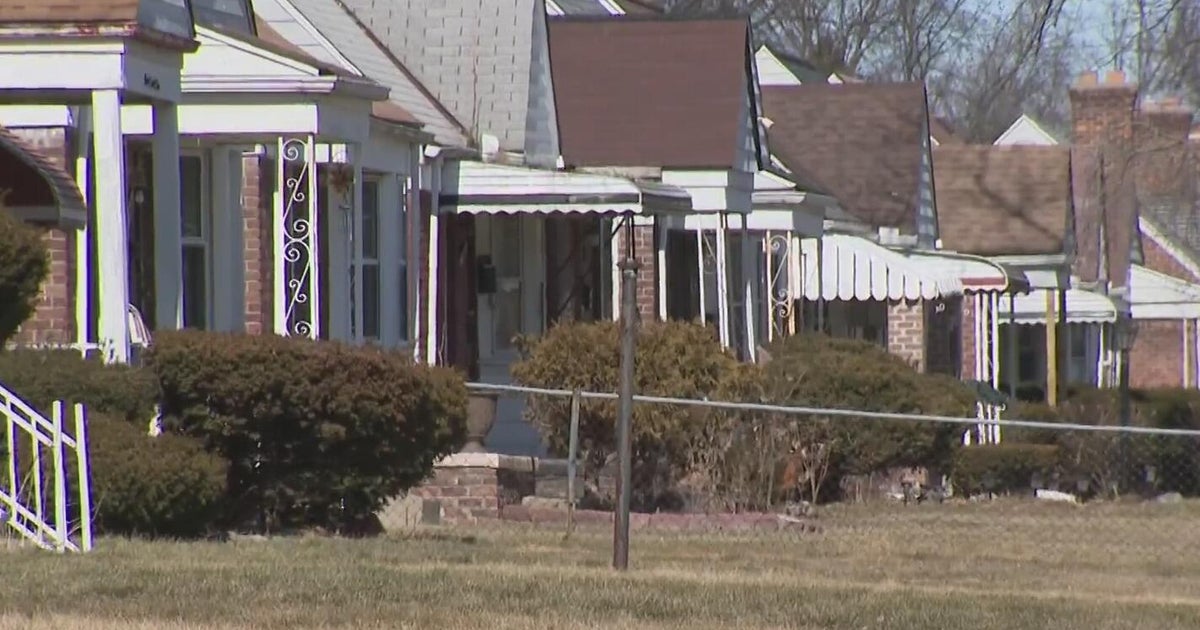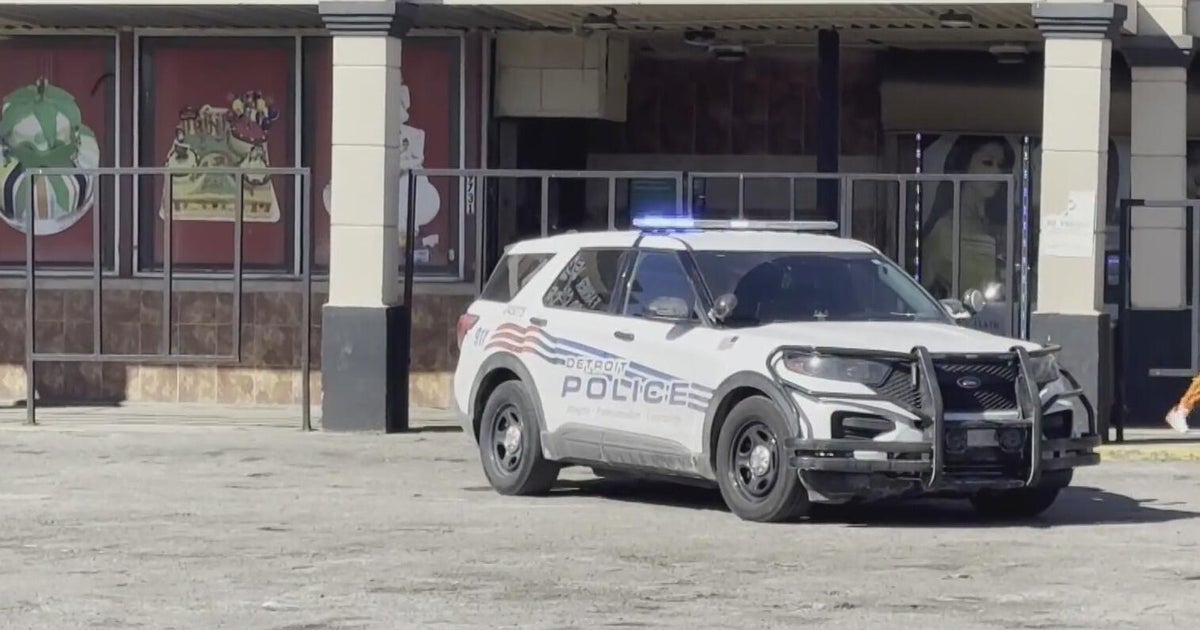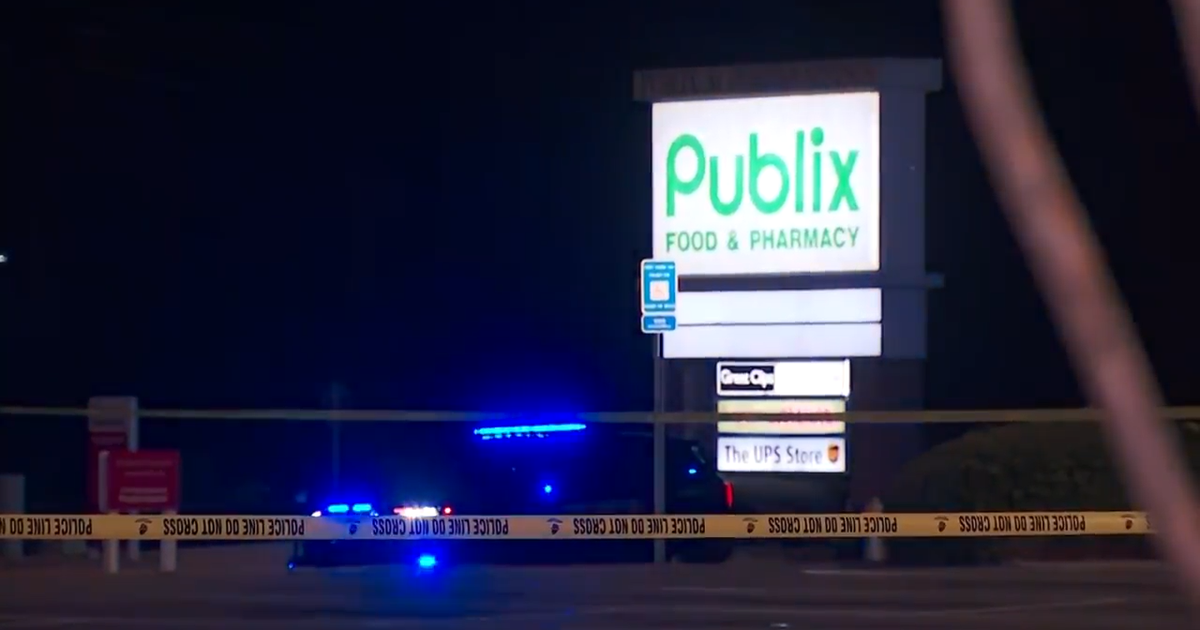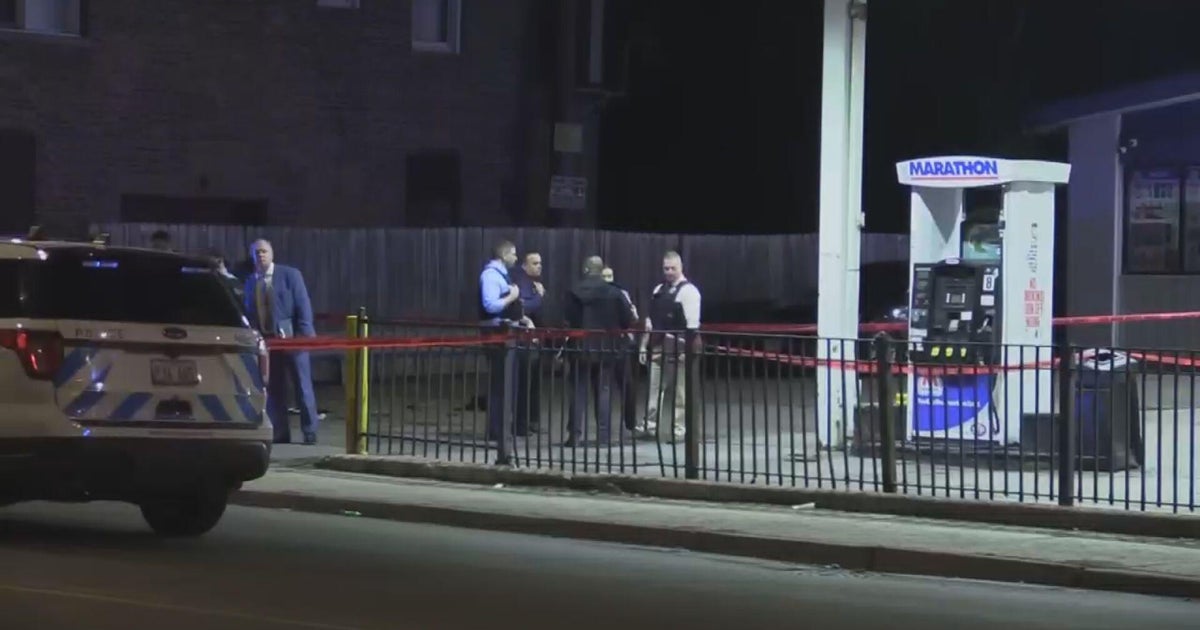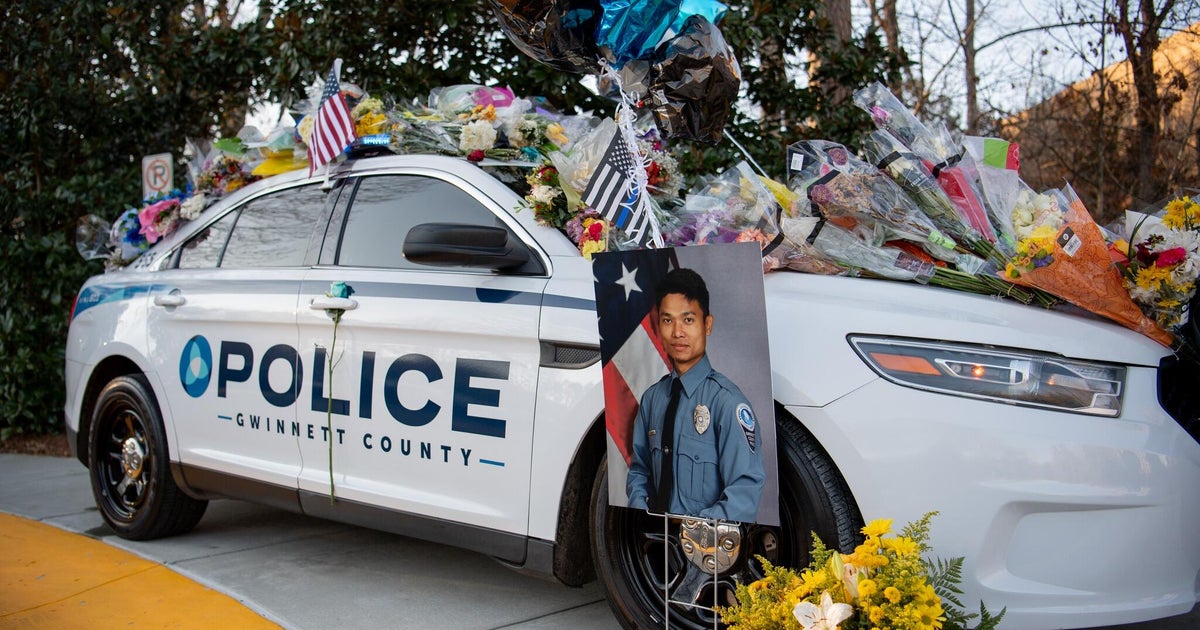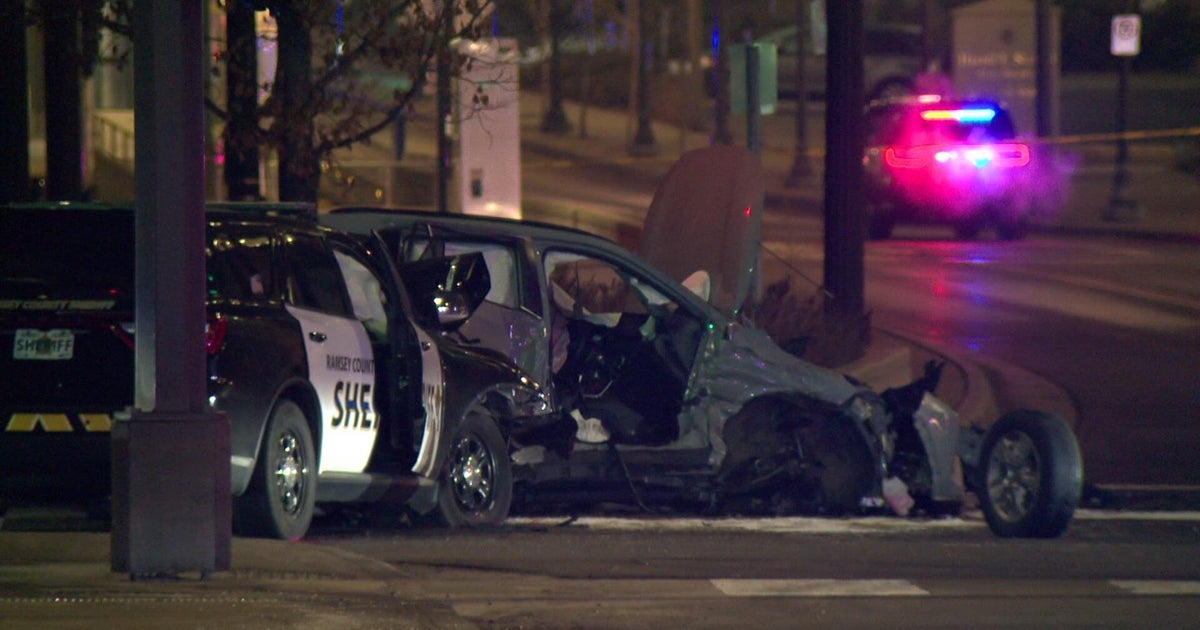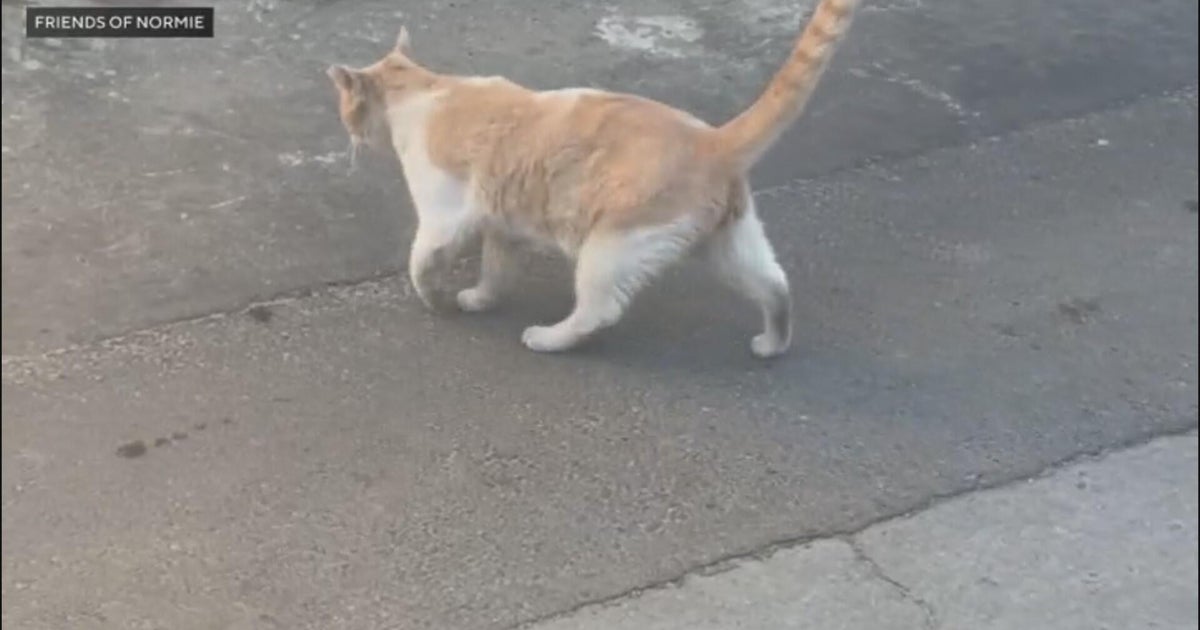Detroit Cops Discuss The Beat, Say They Need Help
DETROIT (Talk Radio 1270) What's it like to work the streets of Detroit with a gun and badge, especially knowing that when someone is convicted of shooting you they may walk back out of jail?
Injured Detroit police officer Art Matthews -- who was shot five times a year ago in a botched gas station robbery -- tackled that topic during a roundtable Friday morning on the Charlie Langton Talk Radio 1270 morning show. Matthews and Langton were joined by Detroit officers Crystal Scott and John Bennett.
Bennett said the real day-to-day issue on patrol in Detroit is the lack of officers.
"What we need, in addition to personnel, there are not enough officers to effectively do the job," he said. "Since 2005 we've lost somewhere in the area of 1,000 police officers ... Our numbers have dwindled since 2002.
"We're fighting with one arm tied behind our backs."
Matthews said the way the stations are set up "leaves a good chunk of the east side of Detroit abandoned and not able to be fully policed."
"I can understand some of the frustration from the citizens, we're covering such a vast area, we're not omnipotent, we try to answer as quickly as possible. but if you don't have the numbers you just can't make every run ... If the boards are lit up with priorities ... alarms, you have to get those runs answered," Matthews said. "You just don't have the bodies to answer them."
Matthews made headlines this week when he spoke out after Christopher Proctor, who put a gun against the off-duty cop's right temple and opened fire, was sentenced to 14 years in prison. It was the minimum sentence.
Matthews was left with five bullets in his body after he managed to push Proctor's weapon away from his head and toward his lower body -- as Proctor squeezed off round after round. Matthews said the sentence was an insult and a slap in the face to every officer who puts his or her life on the line every day.
So, are officers in more danger than they should be in Detroit?
"Absolutely we are, we're undermanned," Bennett said. "Until we get those kinds of resources, you're going to have those kinds of situations," Matthews said. "You don't hear the outrage from the community and they're the ones who should be really upset."
Crystal Scott outlined the "no snitch" police in effect in many Detroit neighborhoods and discussed how dangerous that makes police work. "No snitch" is the Detroit street policy that basically says anyone who reports a crime to police -- is in danger.
"They're afraid of backlash, we have perpetrators who are getting out, getting out on bond, they're getting off of their charges completely and they're back into the community," Scott said. "If I was a citizen, I would also be afraid ... You know what they've done, but it's hard to say what they've done.
"I blame the system in its entirety, it's allowing this behavior to continue ... There are several gangs in this city, they harass people, rob, it's a numerous account of things ... It's a problem."
Bennett chimed in to say, "In the environment we live in now in the city of Detroit ... You need everybody's involvement ... You have to have people in the community involved in solving crime. Police can't do it all ... But there have to be some restraints, you can't let them act like vigilantes."
